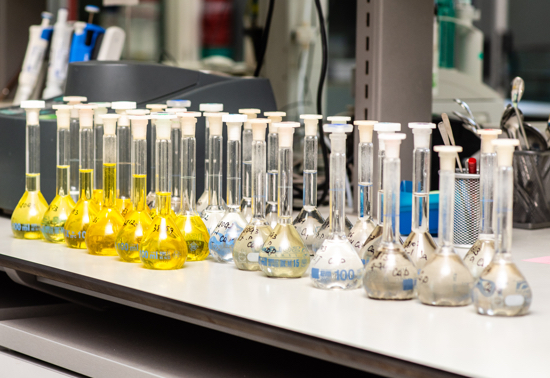דברו איתנו
Sustainability and Environment
Sustainability and environmental responsibility have been a focus point at Ambar for many years, part of an overall perception that the agricultural sector’s role is to preserve the environment in which it operates, for us and future generations. Improvements are made all the time, in every sector possible, from significantly reducing the use of antibiotics to using natural gas.
We have significantly reduced the environmental impact and footprint created by the Feed Mill, the breeding farms, and the slaughterhouses.
Several years ago, in collaboration with the Alef-Taf Group, Ambar began reducing the use of antibiotics. It started with the removal of antibiotic growth catalysts from the poultry sector. It ended in 2019 with 100% of the group’s breeding process being free of antibiotics, coccidiostats, and pharmaceutical treatment.
Secondly, Ambar has initiated the use of organic minerals in a large proportion of the mixtures. Animals absorb these minerals better, which in return allows for a dramatic reduction in the number of minerals in food. In practice, this reduction causes a very significant decrease in the minerals found in the coop upholstery, helping preserve groundwater.
At Ambar, we invest resources in reducing dust and odors, emitted from our factories, to ensure that communities nearby enjoy clean air.
We carry out energy efficiency processes, including the use of natural gas, on an ongoing basis.
Raw materials are transported to Ambar by train, where possible, to reduce air pollution and the number of trucks on the roads.
We inspire innovation by actively looking for advanced technologies introducing new environmental solutions. Many of the technologies we are looking for are green technologies specializing in the treatment and recycling of waste generated in agriculture.
Ambar has the ISO 14001: 2015 standard of the Environment and works in full compliance with restrictions regarding wastewater treatment, particulate emissions, odors, etc. Ambar operates in full cooperation and transparency with the Ministry of Environmental Protection and the Association of Cities for the Environment while adhering to and enforcing environmental laws.

